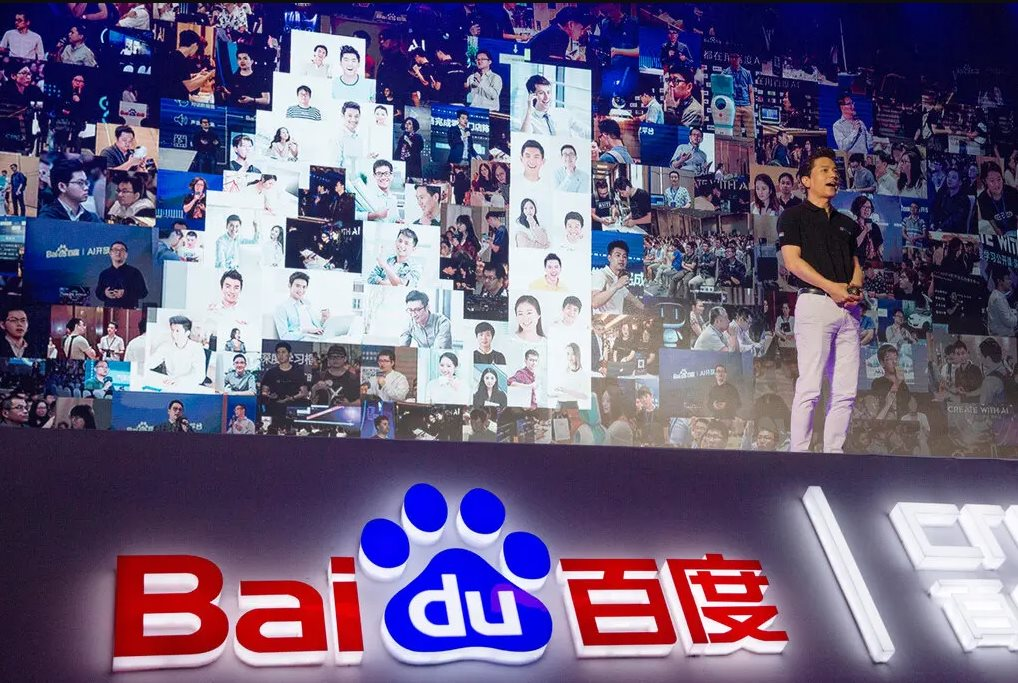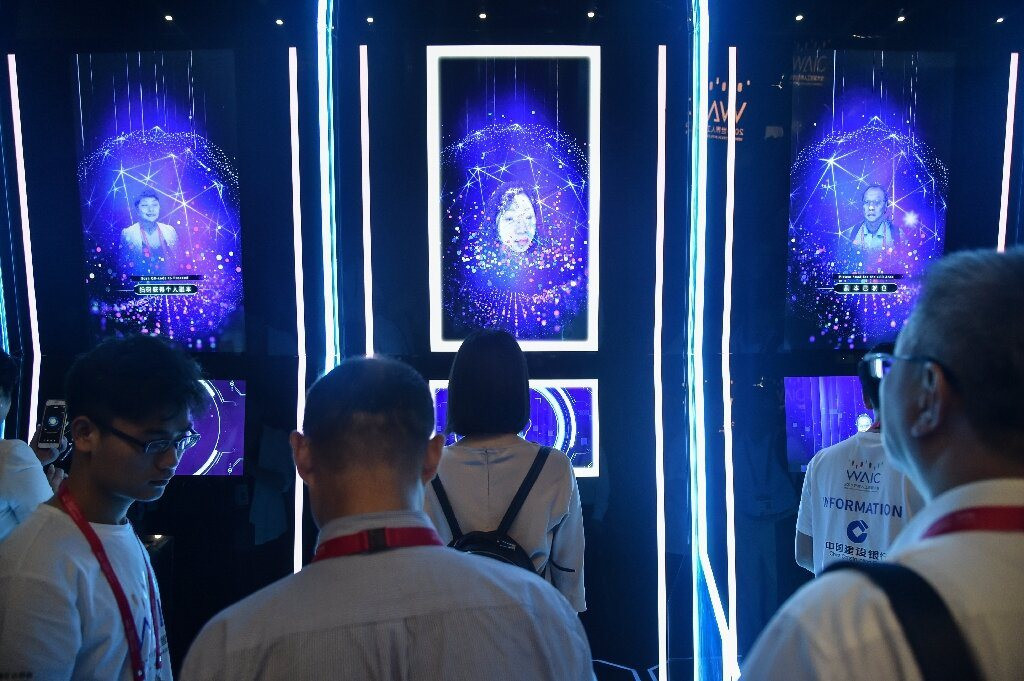The magic of the king loses to the village rules: China requires that AI, no matter how smart, must play by the rules!
- Tram Ho

The New York Times (NYT) reported that China recently issued a draft law to control artificial intelligence technology five months after the birth of ChatGPT, a chatbot using this technology.
Specifically, the Cybersecurity Administration of China (CAC) in the past month has regulated the content and images that AI technology is allowed to use to limit their negative effects on society.
Accordingly, businesses must comply with the government’s strict censorship guidelines in the development of AI in terms of content and images, limit or not touch prohibited information, adversely affecting the prices of the company. society or threaten national security.

In addition, original content, images or documents used by AI will also have to respect intellectual property rights. Algorithms that develop AI will have to register with the regulator for control.
Although this draft law is still being finalized, AI developers in China have begun to learn how to make products compatible with the new regulations.
In fact, concerns about the power of AI to affect society have spread as they are used by students to pass exams, while fake photos made by AI are posted online. bad.
Microsoft has poured $13 billion into developing ChatGPT while Sequoia Capital estimates the AI industry could grow to trillions of dollars in the future. However, there is still no document or barrier to manage this explosive growth of AI, putting countless professions at risk of unemployment, and creating a series of fake information, photos and videos. grafting on the internet.
Currently, countless fake AI-designed pornography has spread online, while over-reliance on AI is creating negative consequences in many industries. Recently, the scandal of Die Aktuelle magazine reporter using AI to fake an interview with racing legend Michael Schumacher has shocked public opinion. Newsroom secretary Anne Hoffmann was fired immediately even though she had been in charge since 2009.
Ban first, table later
In China, investors and startups are also pouring money into this attention-grabbing technology. Large corporations like Alibaba or Baidu also spend money on AI to take advantage of its appeal to consumers, while avoiding being too far behind when competitors like Microsoft or Google are also frantically racing in new areas. .
However, the Beijing government banned ChatGPT.

This move is said to prevent the bad consequences of new technology on society, and at the same time create favorable conditions for domestic developers to catch up.
In the wake of the AI boom, China has led other countries to build a regulatory framework for new technology, a move that has been seen by countless experts as ahead of the West.
“Because China doesn’t have a Senate or House of Representatives where MPs get bored with each other to make laws, they simply need to enact laws if they see need and gradually modify them,” the director of technology policy Kendra Schaefer of Trivium China commented.
Because chatbots, the main AI users now interacting with users, often use documents on the Internet to cook up surprising content, the Beijing government has gone ahead, creating a barrier. barrier is much higher than the market to prevent harm in the first place.
While Microsoft has only limited negative feedback on ChatGPT, the Beijing government has demanded complete control over AI technology, content, and images, thereby shutting down a series of chatbots or limiting the number of people. user.
However, many experts worry that these regulations will create barriers to AI development when they need to interact with users to learn and improve, recognize right from wrong or sensitive content that China loves. bridge.
Even so, analysts say that the government’s still receptive to comments to finalize the new bill will allow businesses to develop AI in a more oriented and prudent manner.
Control the market
The New York Times (NYT) reports that China has a history of being extremely sensitive to the Internet as much information is not allowed to be published publicly. During the 2000s, the world’s No. 2 economy built a network of Internet censorship barriers among the strongest in the world, making big companies like Google or Facebook who want to do business here also have to appoint a CEO. come talk.

According to AI expert Matt Sheehan of the Carnegie Institution for International Studies (CEIP), controlling this technology is extremely important for China as it relates to its ability to manage information and lead a new technology.
In March 2023, China established the National Information Bureau (NDB) to protect digital content and intellectual property rights against pressure from AI, thereby controlling the ownership and sale of information.
“So the government will now have the power to determine what kind of data is an asset, what kind of data is allowed to use it, what kind of transaction is allowed,” said Schaefer of Trivium China.
*Source: NYT
Source : Genk
